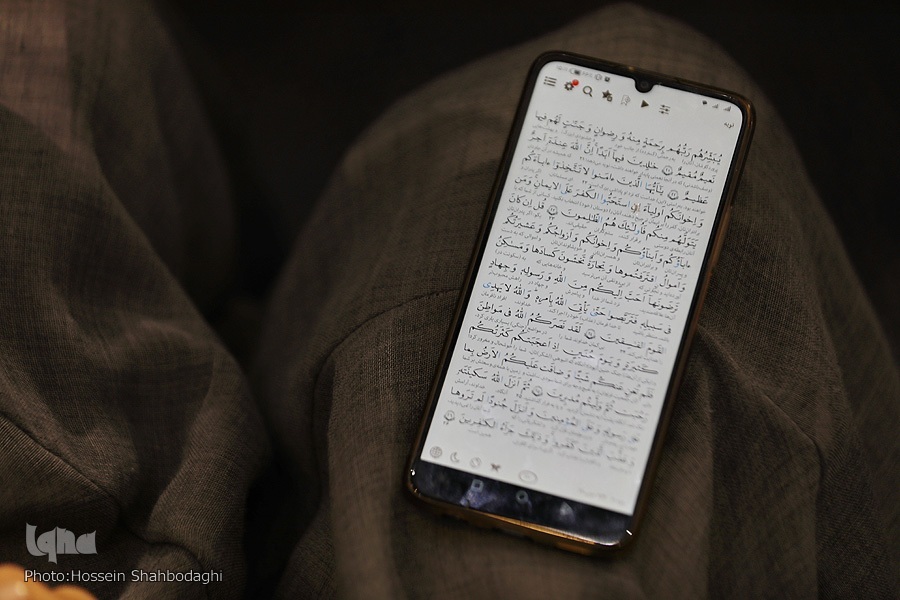Al-Mustafa to Hold 31st International Quran and Hadith Festival

Hojat-ol-Islam Mohammadreza Saleh, deputy for cultural and educational affairs at Al-Mustafa International University, outlined the aims and features of the festival during a press briefing on Monday.
Saleh, who also chairs the festival’s policy council, described the event as unique in its academic and cultural reach. “The festival seeks to foster familiarity with the Quran, Hadith, and supplications among students and graduates of Al-Mustafa’s affiliated centers. It is unparalleled in terms of its diversity of participants, disciplines, and geographical scope,” he said, adding that this edition will be held simultaneously in over 20 countries.
Read More:
He reported that 688 people, including 378 men and 310 women, had already registered from domestic centers through Al-Mustafa’s online system, with the number expected to rise. In the previous edition, nearly 19,000 participants from Iran and more than 2,300 from overseas branches joined.
According to Saleh, preliminary rounds will be held in the second half of October, while the final stage is set for the second half of December. The closing ceremony will be held in January or February 2026, honoring top contestants, Quranic institutions, and exemplary families.
The festival will feature 31 disciplines in two categories: oral (skills-based) and written (knowledge-based). Sessions will take place in major Iranian cities including Qom, Mashhad, Isfahan, Gorgan, Ashtian, Tehran, and Tabriz.
Read More:
This year’s edition will place special emphasis on Nahj al-Balagha and Sahifa Sajjadiya. Seven fields have been dedicated to the memorization of each text, alongside Quran memorization, selected prayers and supplications, and Quranic-Hadith oratory in Persian, Arabic, English, and Urdu.
Winners will receive both spiritual and financial awards, including cash prizes worth 20 billion rials and 72 pilgrimage trips to the holy sites in Iraq.
He also underlined the festival’s international role. “This event is an opportunity to showcase the scientific, cultural, and educational capacities of Al-Mustafa and to promote authentic Islamic teachings worldwide. We believe it can strengthen Quranic cooperation with academic and cultural institutions at the international level,” he said.
4305183



